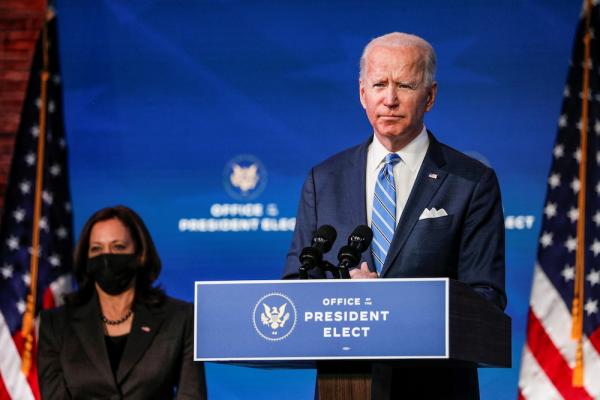Jan 19, 2021
On Sunday, President-elect Joe Biden announced that he will unveil an immigration bill — which includes an eight-year path to citizenship for an estimated 11 million undocumented immigrants in the U.S. — on Day One of his administration. The proposed bill includes an option for undocumented agricultural workers, people under temporary protective status, and immigrants who arrived in the U.S. illegally as children to qualify more immediately for green cards if they are working, are in school, or meet other requirements.
Read the Full Article

Already a subscriber? Login
